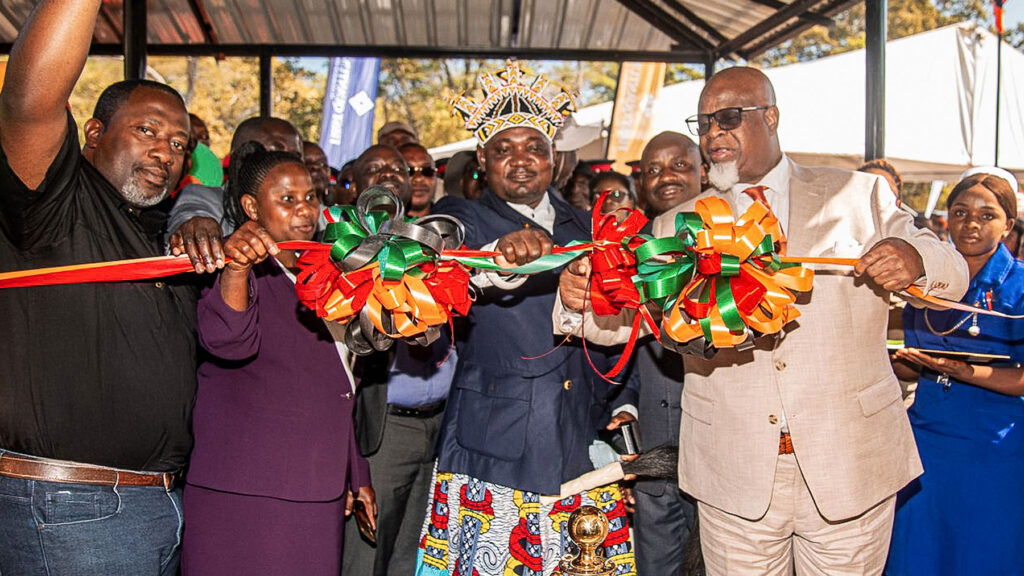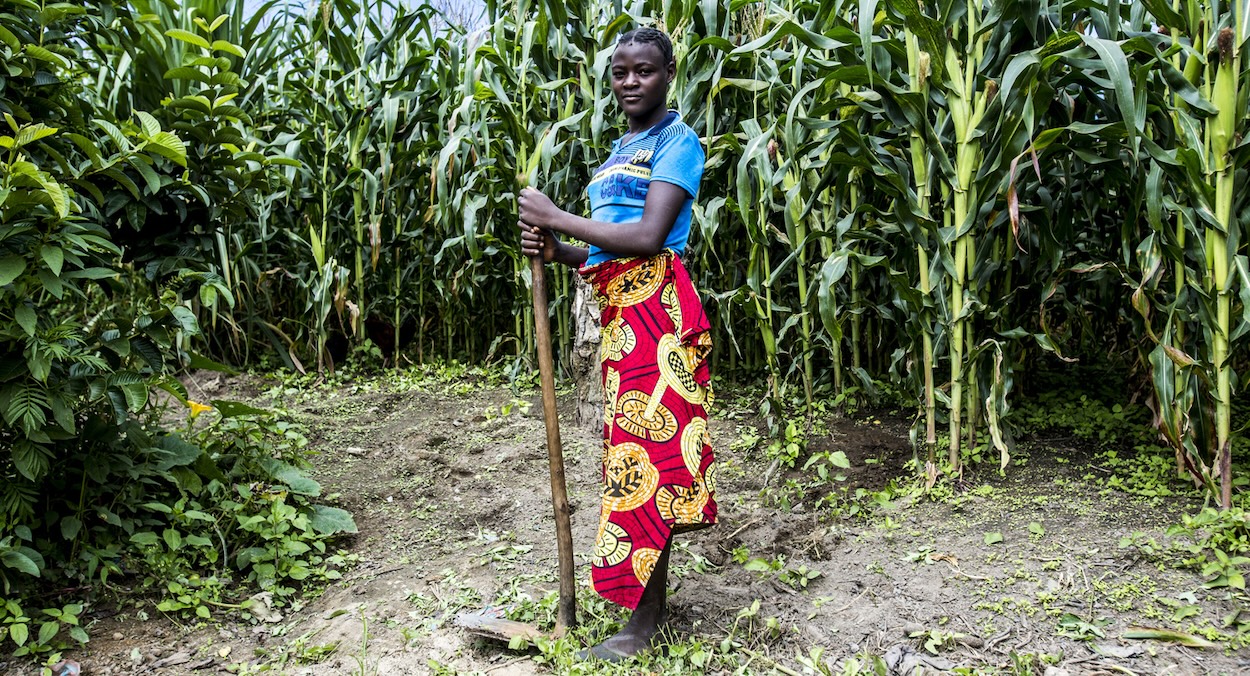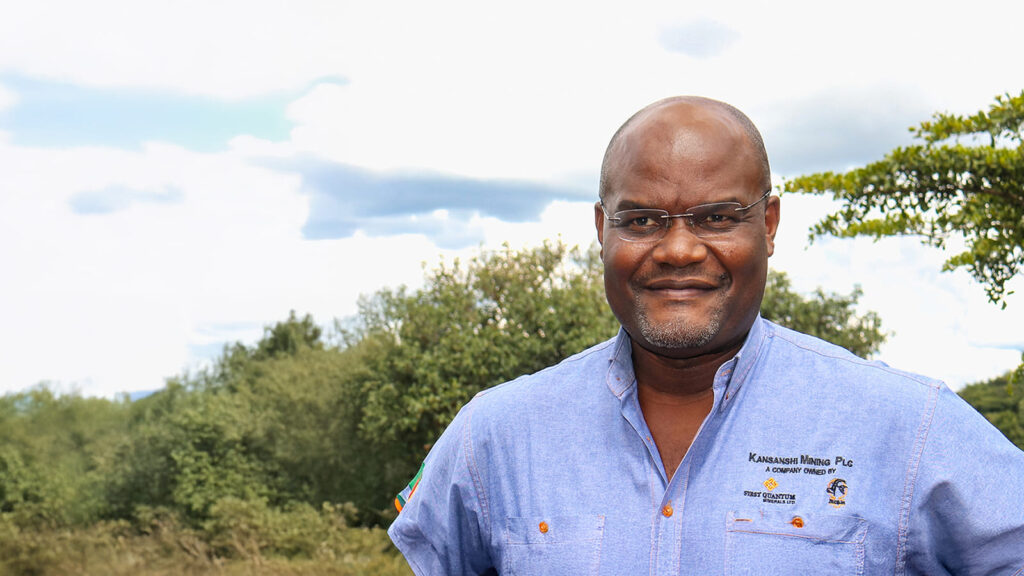

Insight
Conservation farming yields results
Zambian conservation farming training
Each year under a First Quantum program, farmers learn sustainable farming methods with the aim to reduce poverty and malnutrition.
Training for 36,000
Since 2010, our conservation farming program, run through our two Foundations in Solwezi and Kalumbila, has trained 36,000 people in low-input-cost, high-yield sustainable farming techniques. Annual maize surplus has risen from almost none to more than 5,000 tonnes among farmers following conservation farming techniques.
Traditionally, farmers in the North-Western Province work small plots that are less than a hectare, using traditional low-input, semi-permanent cultivation techniques. Farmers cut trees, burn the branches in heaps, and plant crops in the ash. The ash adds little nutriment to the soil, so it is depleted after a few harvests. The farmer then clears and burns a new area of forest. Yields are low, farmers consume most of their produce, leaving little surplus to sell at market.
Conservation techniques
The conservation farming system we teach revolves around simple non-destructive methods: permaculture rotation of crops, minimal tillage, use of mulch, optimal timing and spacing of plantings, conservation of soil structure. The effects on yield are significant. In some cases, farms have yielded 10 tonnes per hectare which in local terms is a major achievement. Farmers who were subsistence farmers prior to their involvement in the program now generate surplus produce for profit. Crop yields have increased to the extent that four new milling companies have set up factories in Solwezi, and Solwezi has gone from a net importer of maize to an exporter of maize, at a time when drought has severely impacted harvest throughout the country.
Next generation farmers
The program supports the next generation of farmers with about 1,000 young people each year additionally involved, learning new sustainable ways to work and secure their financial and environmental futures. Without the requirement to constantly clear and burn new plots of forest, the program also has long-term benefits for biodiversity and canopy preservation.
Improving nutrition
Our overarching goal is to improve nutrition, especially for children and young people in subsistence farming families. To this end, we are currently adding a Farming for Nutrition aspect to the program to teach families to diversify their crops in an effort to improve family nutrition.
Related Insights
Stay up to date
Sign up to receive updates with insights and stories from around First Quantum, our operations, our projects and our communities.
Sign up
